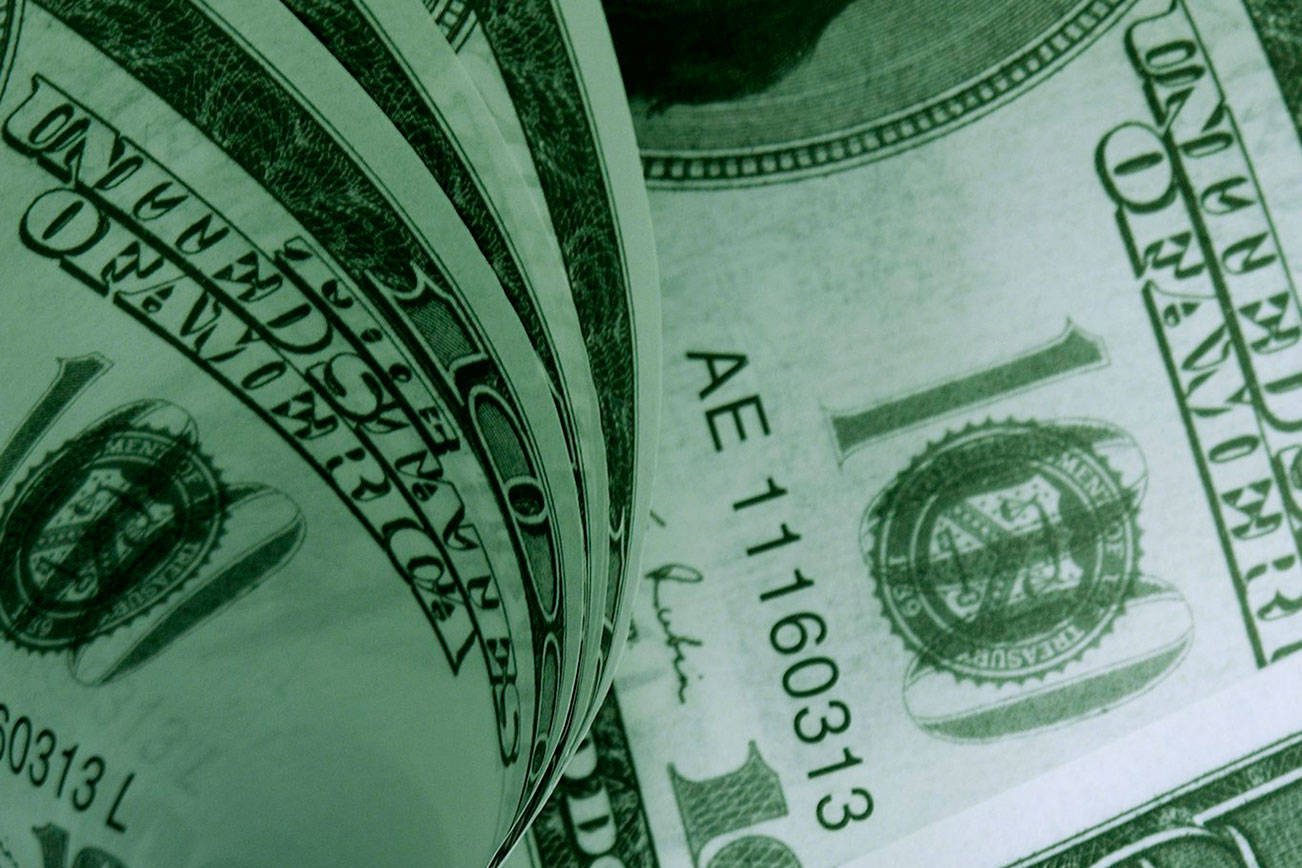By Danny Low, For the Reporter
As I see pictures of my medical colleagues receiving their COVID-19 vaccines and posting expressions of gratitude online, I’m beginning to finally feel a sense of collective hope. There is true promise of a healthier 2021.
But as a family medicine physician serving patients from Renton and Kent in clinic and the hospital, COVID-19 has laid bare the impossible healthcare choices my patients have been facing long before the pandemic – and that have intensified this past year.
Without access to cash, necessary healthcare becomes a luxury, and one with potentially deadly consequences. The other week I had a patient with new onset numbness and weakness in her arm — a concerning sign for a possible stroke — but she didn’t follow through on my advice to go to the emergency department out of fear of excessive costs. Being unemployed, her financial risks of care outweighed the potential life-saving benefits. The following day I spoke to a man suffering from depression who had stopped going to his mental health therapist because he couldn’t afford it after he lost work as a result of COVID-19.
It doesn’t have to be this way. Along with widespread vaccination to stop the spread of the virus, we need an influx of direct, flexible cash to help people who are struggling. People should not be forced to make economic decisions that compromise their health. One step state lawmakers can take this session is to pass funding for an updated Recovery Rebate.
A Recovery Rebate, modeled on the federal example, would provide an annual base cash rebate ranging from $500 to $950 (these base amounts phase down as incomes increase) targeted to a half-million low- and moderate income households in our state. It would be good for kids, reaching one in four households with children. It would also have a positive equity impact since Black, Indigenous, and people of color would have outsized eligibility, and it would extend the benefits to Individual Tax Identification Number (ITIN) filers. This group of taxpayers includes undocumented immigrants who have been left out of our federal recovery efforts.
For decades, the federal Earned Income Tax Credit (EITC) has helped provide stability to millions of families, with dozens of studies demonstrating its positive health impacts. These include healthier pregnancies and fewer instances of babies with low birth weights. New research from a local team at the Harborview Injury Prevention and Research Center at the University of Washington finds that larger state EITCs are associated with families being well.
Such success has inspired 28 states and the District of Columbia to fund their own state-level programs to augment the federal program. But while Washington state passed a version of the bill in 2008, the Legislature never funded the program, leaving struggling people with urgent needs — like access to healthcare — without a critical lifeline of support. This is not only an issue of equity. It is an issue of health and survival.
Giving struggling households direct, flexible cash to spend as they best see fit results in healthier residents. It pains me to watch my patients have to play Russian roulette with their health, making the impossible choice of pursuing medical care or paying for rent. A Recovery Rebate would allow people a greater ability to pursue the healthcare they need. That’s why I urge lawmakers to invest in healthier communities in Washington by funding an updated Working Families Tax Credit.
–
Danny Low, MD, is a Family Medicine Physician at HealthPoint in Renton. He is a member of the Washington Physicians for Social Responsibility.




